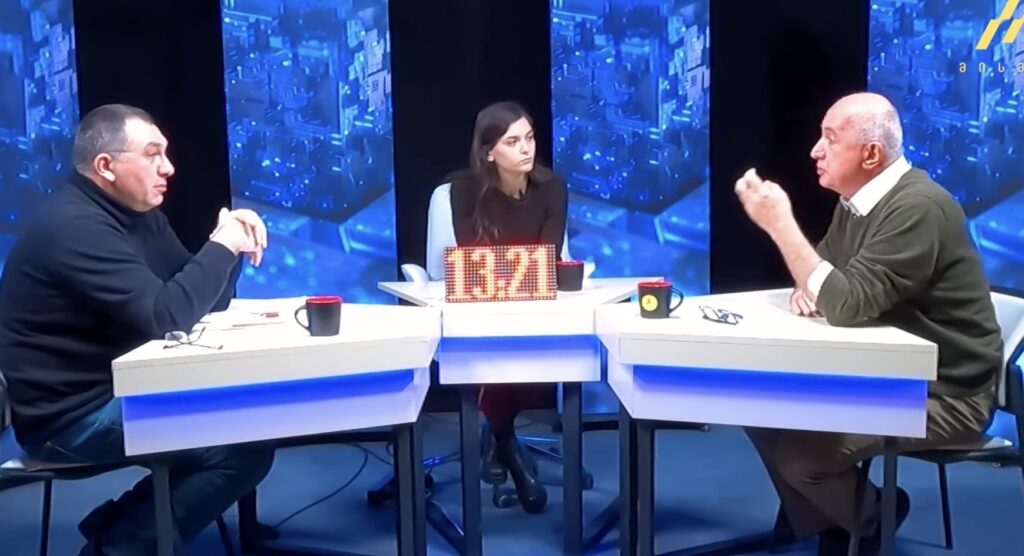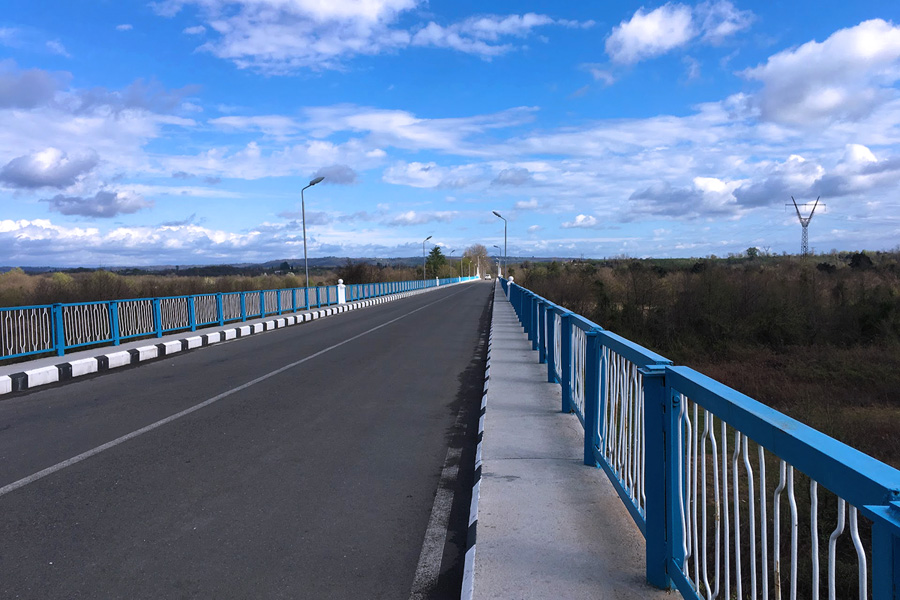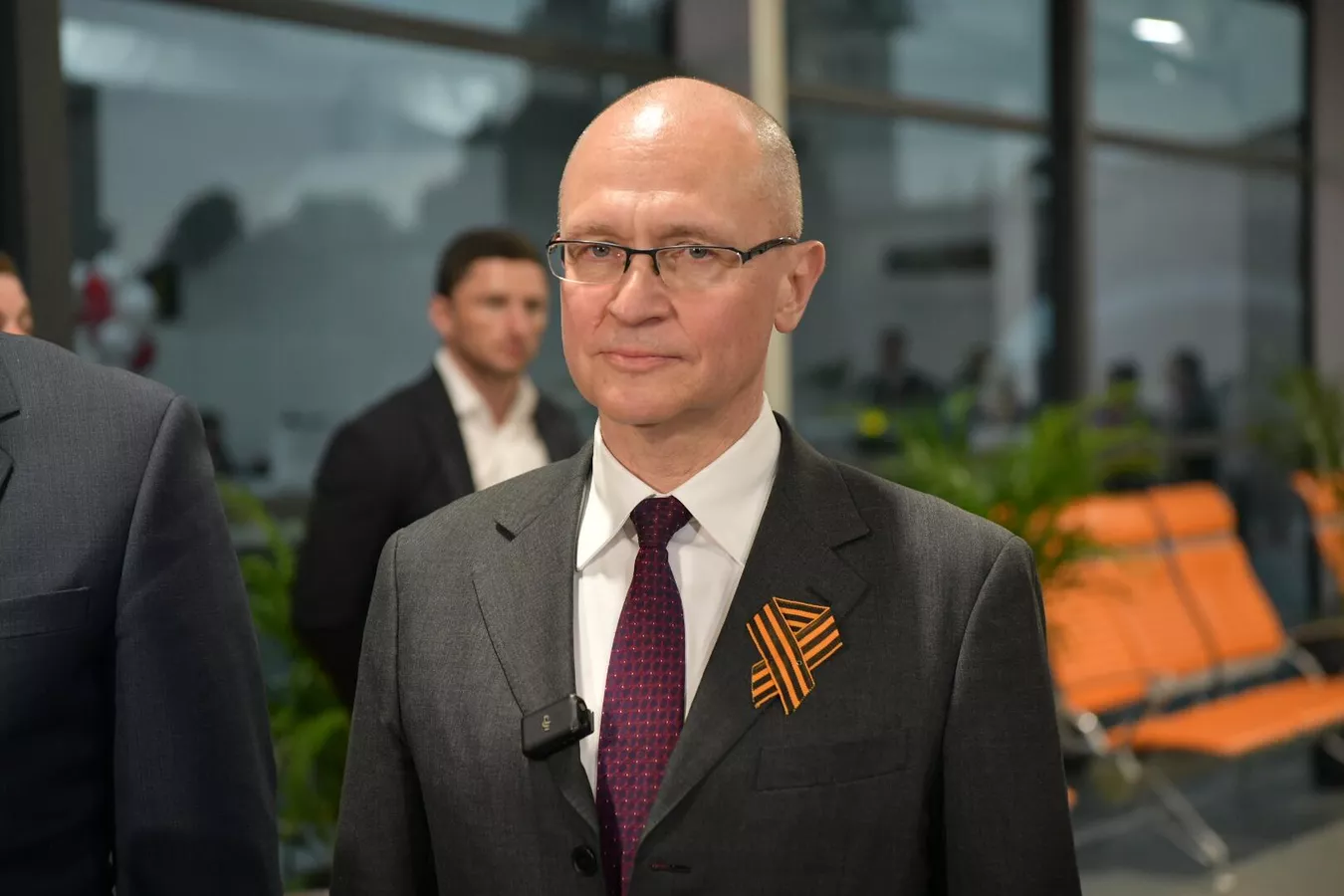No matter how much Georgians criticize their authorities, in my subjective view, such an exceptionally rational and pragmatic government is hard to find in our turbulent times. Caught between the West and Russia, each vying to pull it to their side, the ruling party “Georgian Dream” has skillfully handled this challenge. Over the past two years – since the start of military actions in Ukraine – the Georgian government has not only adeptly navigated this complex geopolitical situation but also reaped quite evident dividends from it.
On one hand, Georgia has become a hub for Russian parallel imports, significantly boosting the country’s economy. This cooperation has taken such reliable forms that despite still-unresolved diplomatic relations (!), the Kremlin has categorized Georgia as a “friendly state”.
On the other hand, while the EU and the US may not be pleased with Tbilisi’s neutrality, the situation is far from critical. At least Georgia did receive candidate status for EU membership.
However, the domestic political situation in the country until recently seemed so favorable for the authorities that the parliamentary elections scheduled for the fall promised no surprises. The opposition was too fragmented, and the crushing victory of the ‘Georgian Dream’ was perceived as an inevitable fact.
And suddenly, the ‘Georgian Dream’ itself undermines this idyll by deciding to adopt the ‘Foreign Influence Transparency Law’, which many see as Georgia’s version of the Russian ‘foreign agents’ bill.
Tens of thousands of protesters took to the streets of Tbilisi. And there are no guarantees that people will just make some noise and disperse.
Everyone, including myself, is haunted by the question: why did the ‘Georgian Dream’ go for this?
Arguments that they need transparency in the political process sound unconvincing. And even if that’s the case, it would have been logical to initiate such a ‘highly explosive’ bill after the elections.
The founder and ‘spiritual leader’ of the party, oligarch Bidzina Ivanishvili, would not have risked so much without substantial grounds and motives.
And the only motive, as it seems to me, could be Moscow’s promise (which actively promotes the ‘foreign agents’ bill’ in its neighboring countries) to assist in the ‘restoration of Georgia’s territorial integrity’. Not in the form it was under the Soviet Union, when Abkhazia and South Ossetia were part of the Georgian SSR as fully subordinate autonomies, but through the creation of a model of a joint confederal state.
I am sure that such a model would be welcomed by the vast majority of Georgians. And for the Kremlin, which is building a kind of ‘security zone’ around it, the idea of a confederation of Georgia with Abkhazia and South Ossetia is a very profitable project, allowing it to tie Georgia to itself. To make it, at the very least, a neutral territory from which no threats will emanate for Russia. And at most, in the future, to incorporate this confederation into some kind of union association.
Indeed, there are likely some secret consultations between Moscow and Tbilisi through specially trusted individuals. Indirect evidence, including a secretly recorded conversation by journalists between Georgia’s Vice-Speaker of Parliament Giorgi Volsky and Russian businessman of Georgian origin David Khidasheli, suggests this. In that conversation, Khidasheli mentioned certain projects involving Abkhazia, including confederations.
It’s not unlikely that Abkhazia and South Ossetia are somehow involved in this process as well. At least, since 2022, president of Abkhazia Aslan Bzhania has had a Russian businessman with a distinctly Georgian surname, Mirilashvili, among his assistants. I believe this is not a coincidence.
In the context of the “Georgian Dream”-initiated adoption of the law on the transparency of foreign influence, there are indeed many questions, and in my subjective view, they go beyond the framework of purely intra-Georgian political struggles.


